Jordan king swears in new government led by PM Khasawneh
Jordan’s King Abdullah II has sworn in new Prime Minister Bisher al-Khasawneh and his cabinet as the kingdom is grappling with its worst economic crisis aggravated by the coronavirus outbreak.
The swearing-in ceremony took place on Monday at the Husseiniya Palace in Amman, where Khasawneh vowed to pay special attention to the COVID-19 spread.
He also pledged to enhance health services and develop “a new epidemiological monitoring and investigation strategy to cope with the communal transmission phase of the virus.”
British-educated Khasawneh, 51, has spent most of his public career as a veteran diplomat and negotiator with Israel with a last stint as palace adviser. He was appointed last week as the Jordanian premier following the resignation of his predecessor, Omar al-Razzaz.
In his letter designating Khasawneh, King Abdullah said the formation of the government comes at an “exceptional time,” calling on the new administration to improve the healthcare system.
In response, Khasawneh expressed his resolve to “address the coronavirus epidemic by balancing the citizens’ health and sustainability of work and production and reducing the consequences on the national economy.”
He will oversee the November 10 parliamentary polls under an electoral law, which marginalizes the main opposition party — the Islamic Action Front — and independent political parties to keep a majority of pro-government deputies.
Foreign Minister Ayman Safadi and Finance Minister Mohamad al-Ississ, who oversees Jordan’s reform program with the International Monetary Fund (IMF), kept their posts in a 32-member cabinet dominated by a mix of technocrats and conservative politicians.
Jordan’s economy is expected to shrink by 6 percent this year, with unemployment and poverty worsened by the outbreak, which has so far infected 26,073 people and killed 207 others.
Outgoing prime minister Razzaz was appointed by King Abdullah in the summer of 2018 to defuse the biggest protests in years over tax increases pushed by the IMF to reduce Jordan’s large public debt.
He, however, faced criticism for his handling of the pandemic and use of virus-related restrictions to curb freedom and right of expression.
In July, hundreds of teacher activists were arrested after dissolving their opposition-led elected union while scores of dissidents were detained for criticism on social media.
VIDEO | Yemenis praise the military for its successful operations against Israel
VIDEO | Israel continues to bomb Gaza homes
VIDEO | An insider's view of the country: Meybod City in Yazd
‘All wars have rules. All of those rules have been broken’ by Israel
VIDEO | Report flags India’s violation of rights of Rohingya detainees
Turkey's foreign minister meets Syria's de facto leader in Damascus
VIDEO | US Syria plots
'Next to impossible' to rescue patients from Gaza's Kamal Adwan Hospital: Director



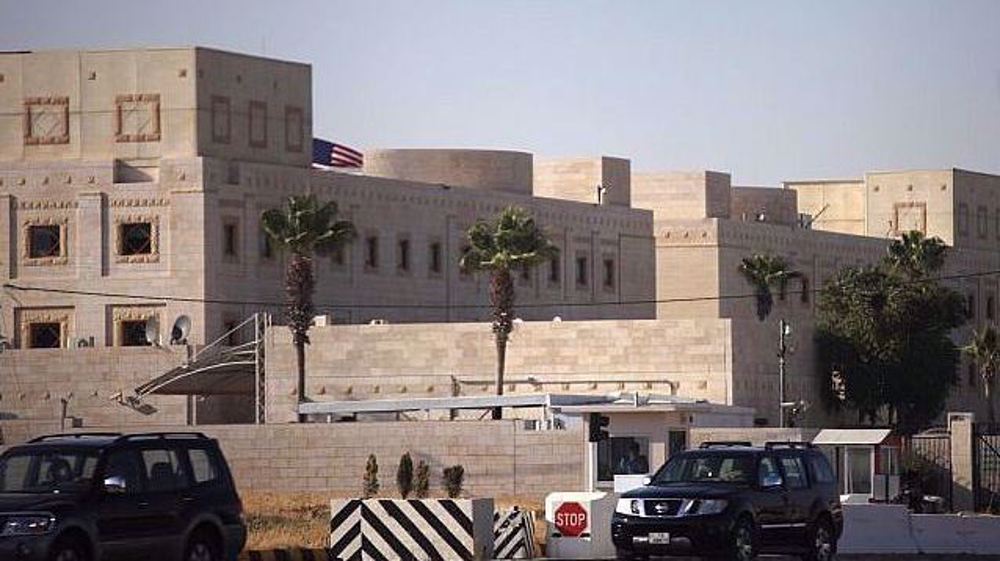

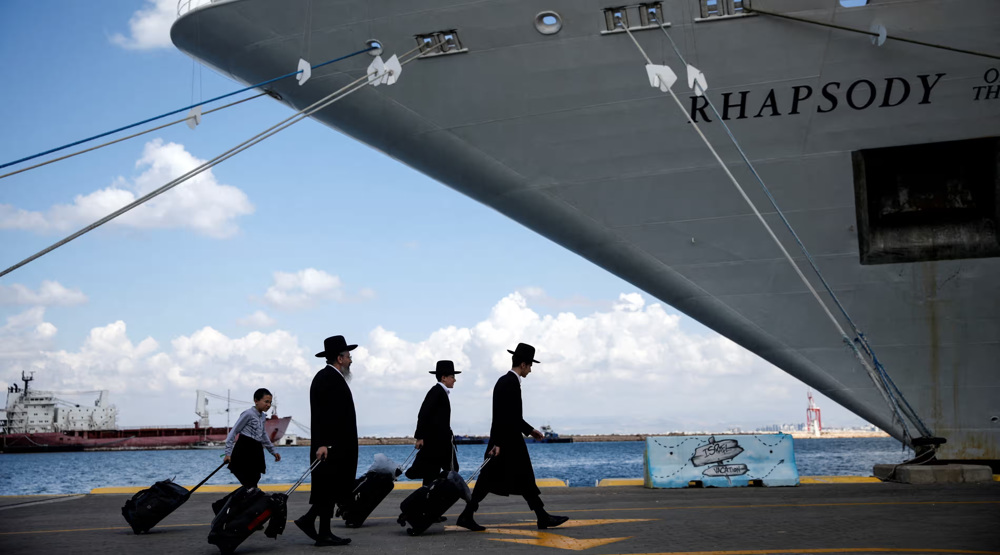




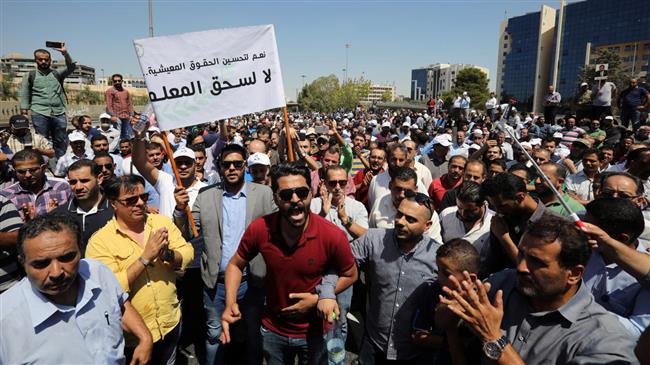
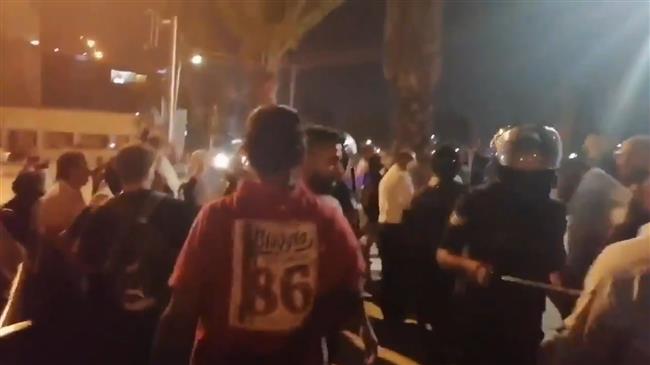
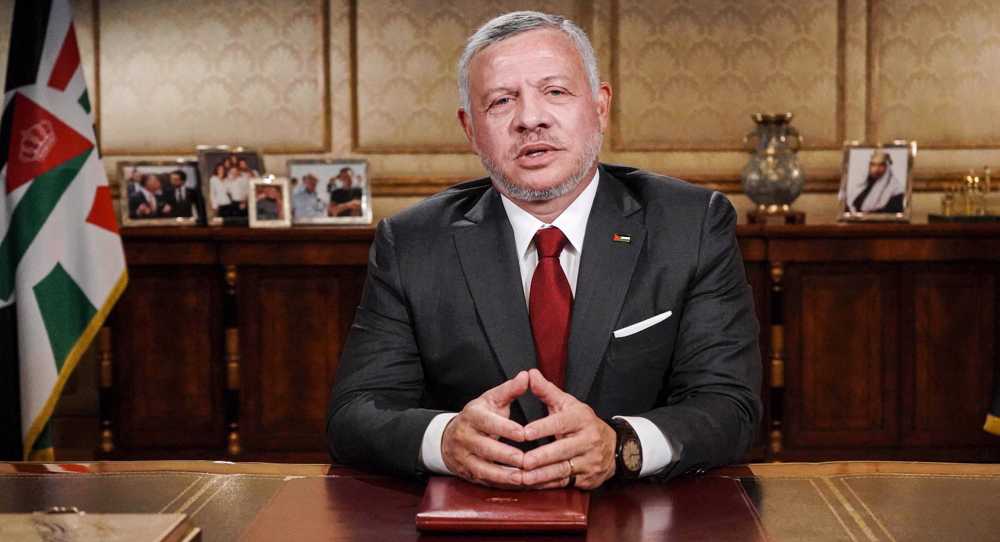
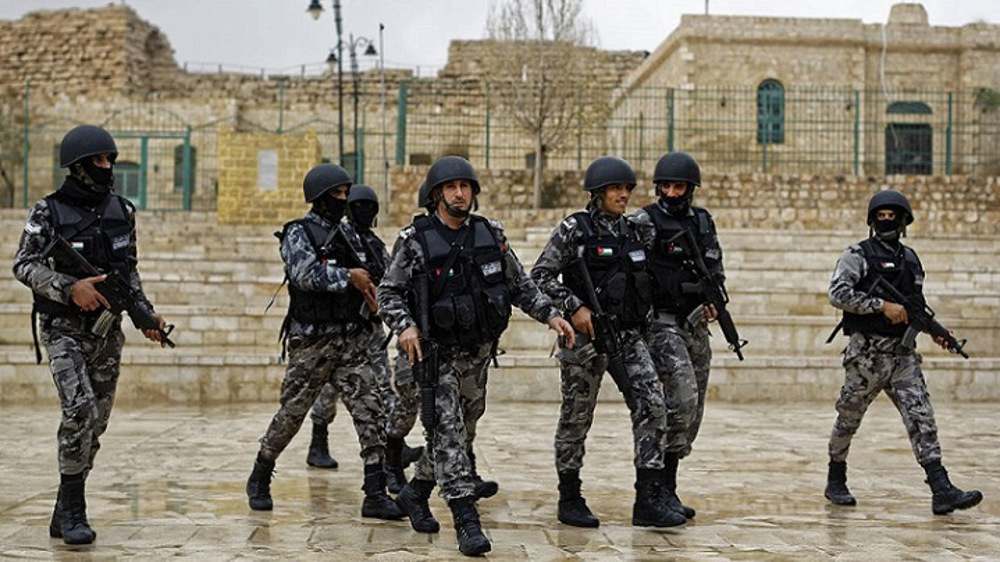
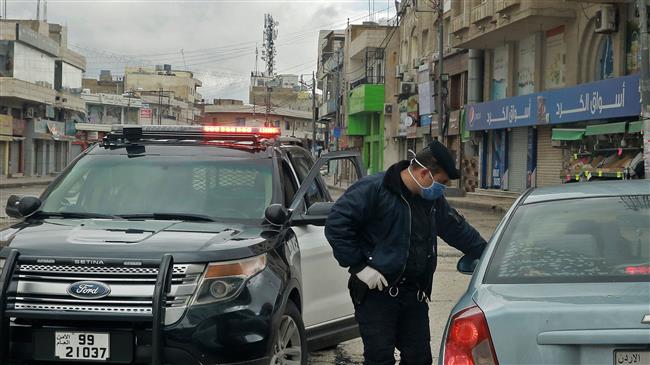

 This makes it easy to access the Press TV website
This makes it easy to access the Press TV website